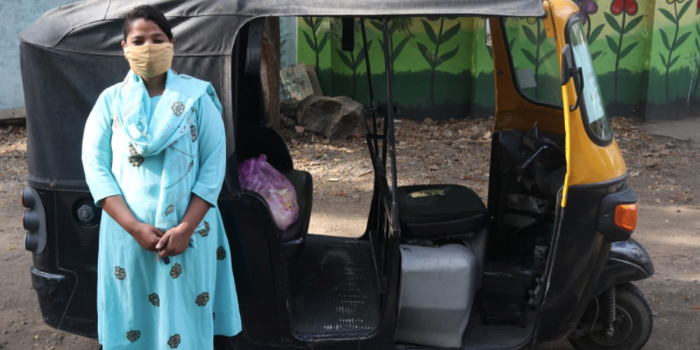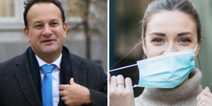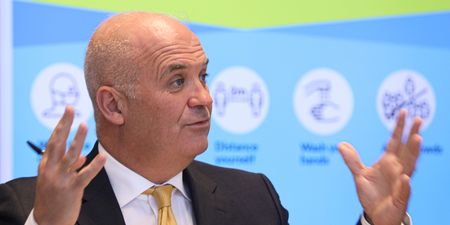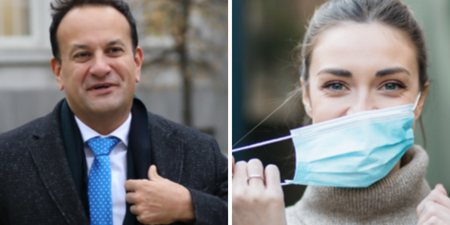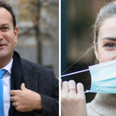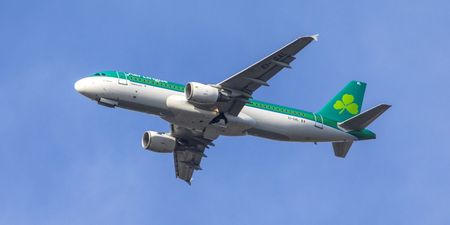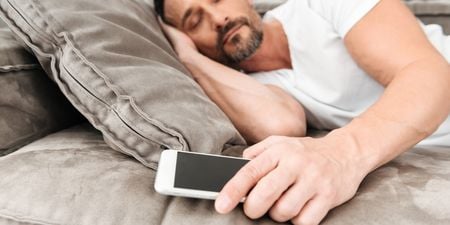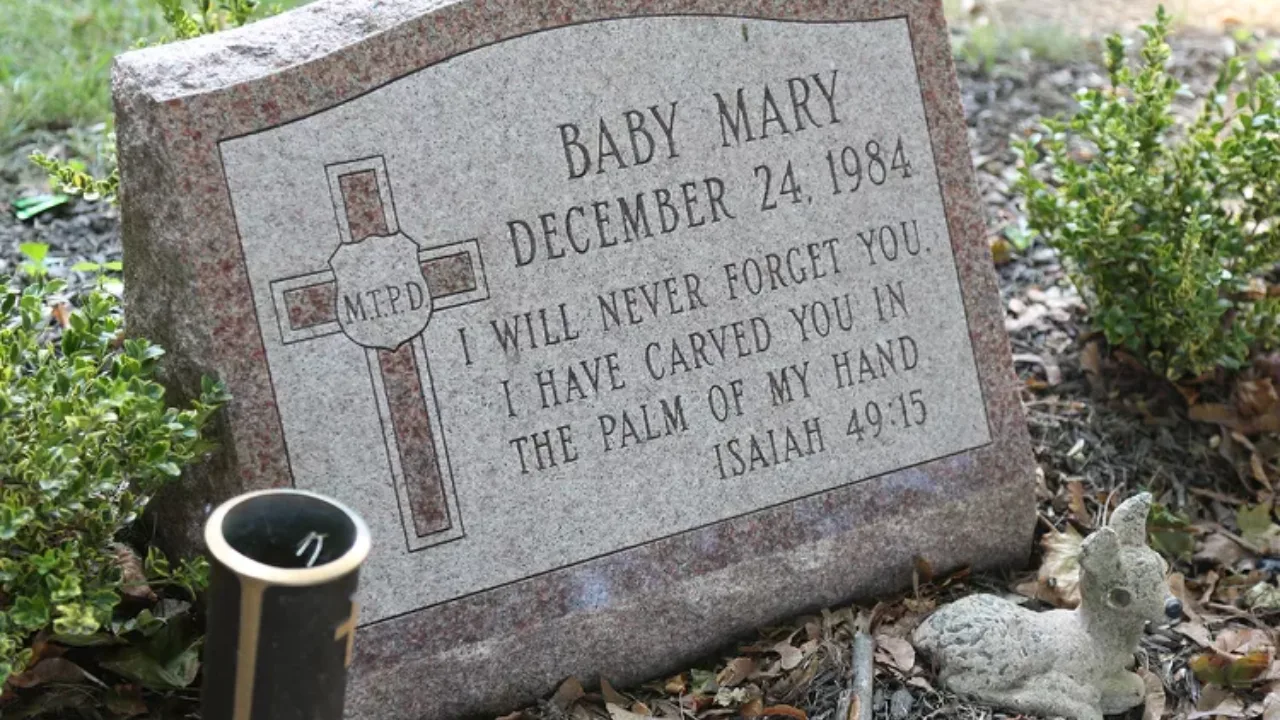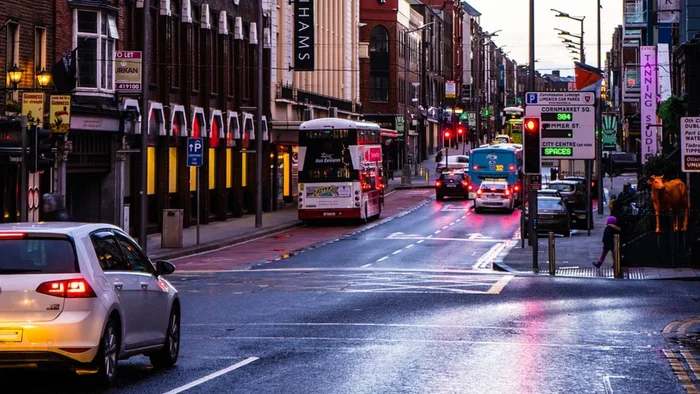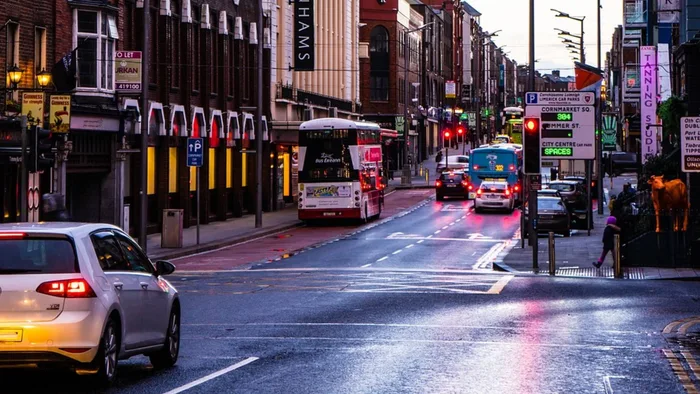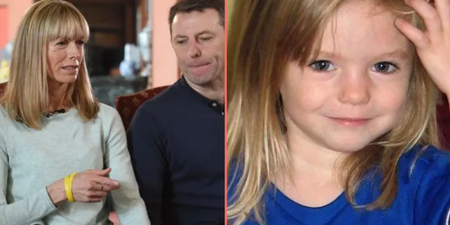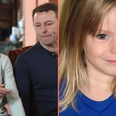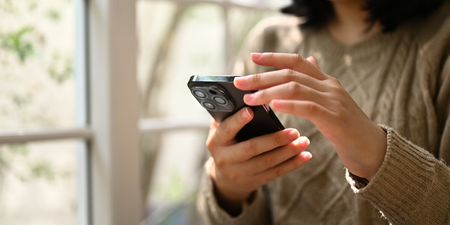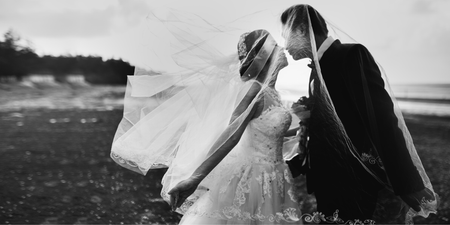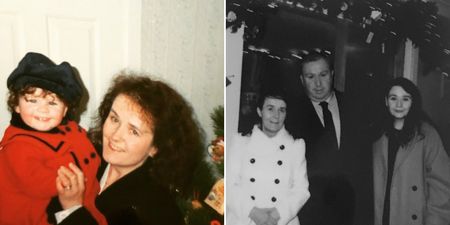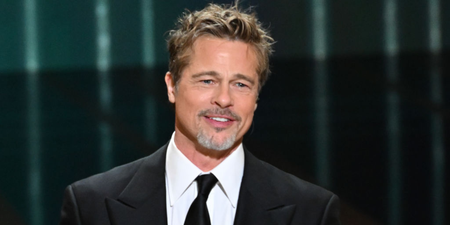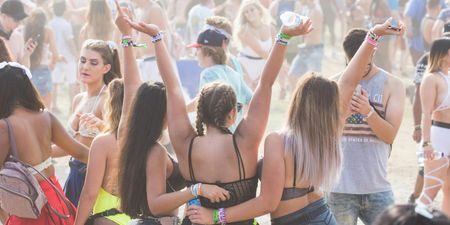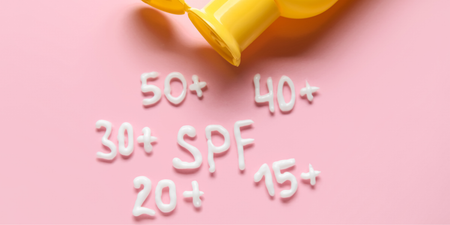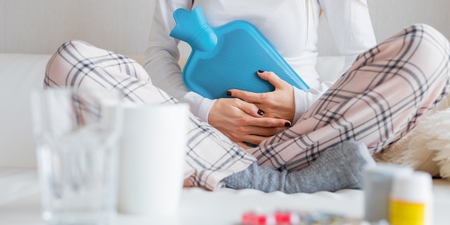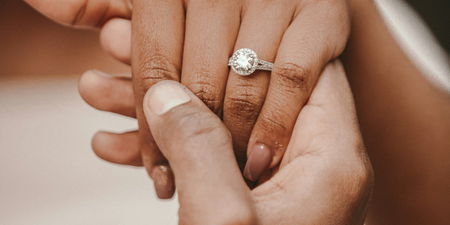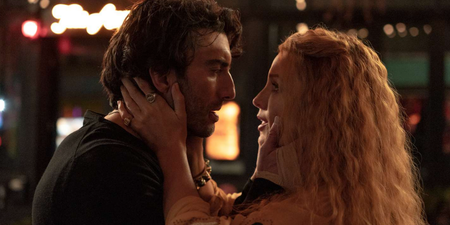“Women in emergencies are always hit the hardest.”
The coronavirus pandemic has proven detrimental to communities across the globe, as economies grind to a halt and uncertainty takes over.
However, there are certain groups bound to be more adversely affected by the outbreak than others, as those living in poverty, abusive situations, or in poor working conditions struggle to survive in such dire circumstances.
ActionAid Ireland CEO Siobhán McGee says that women tend to be the ones hit hardest by significant crises, with many left struggling to navigate abusive relationships, poverty, and sexual abuse.
“Coronavirus is a women’s pandemic,” she says. “Women is emergencies are always hit the hardest.
“Experience tells us that women are always hardest hit by social and economic disruptions caused by a crisis, whether in respect of their paid work, often in vulnerable, low paid roles with little protection, or their unpaid care and domestic work, which will rise dramatically as public services close and more people are sick.”

Siobhán McGee
ActionAid Ireland has long supported the introduction of women’s rights programmes in Nepal, Kenya and Ethiopia. However the current pandemic has also led the charity to projects in India, where spikes in virus infections have been significant.
One such initiative involves training female abuse survivors to become e-rickshaw drivers, a move that has not only given women an opportunity to earn a living, but also to get involved in the recent aid programmes that have been busier than ever due to the outbreak.
“When I had the opportunity to learn how to drive, I chose it because I wanted to learn something different,” says Talat, a domestic abuse survivor from Bhopal, a city in central India.
After seeking help from her abusive situation, Talat was put in touch with ActionAid India’s Gauravi crisis centre where she received medical treatment, counselling, and legal aid.
She also enrolled in the charity’s rehabilitation programme for women affected by abusive relationships where she became an auto-rickshaw driver. Now, she is using her skills as part of ActionAid’s Coivd-19 response initiative, delivering hundreds of food packages to the city’s vulnerable population.
The centre’s female rickshaw drivers play a massive role in the community, driving across the city daily bringing aid to survivors of violence, transgender people, the homeless community, members of poor Muslim minority groups and migrant labourers.

Talat
The women have been trained to drive to provide aid, but also to ensure that they can continue to earn a living independently during such uncertain times.
Gauravi’s initiative, along with 17 other similar organisations, deliver up to 7,000 food packages to locals in need every single day.
The charity’s crisis centre has also shifted its focus since the Covid-19 outbreak began.
They have since opened a community kitchen and began delivering rations and sanitation kits to marginalised groups, all the while continuing to support the female victims of domestic violence who come through their doors.
Siobhán says the pandemic has increased the amount of women who are feeling unsafe in their homes.
“Reports of domestic violence are surging and in some countries they have doubled,” she says.
“We are working hard to expand our services to support survivors of domestic violence during this pandemic.
“That is the heart of our work; supporting and empowering women to overcome the obstacles holding them back and to become leaders in their own communities.”
You can find out more about ActionAid Ireland’s work and the Gauravi crisis centre here.
